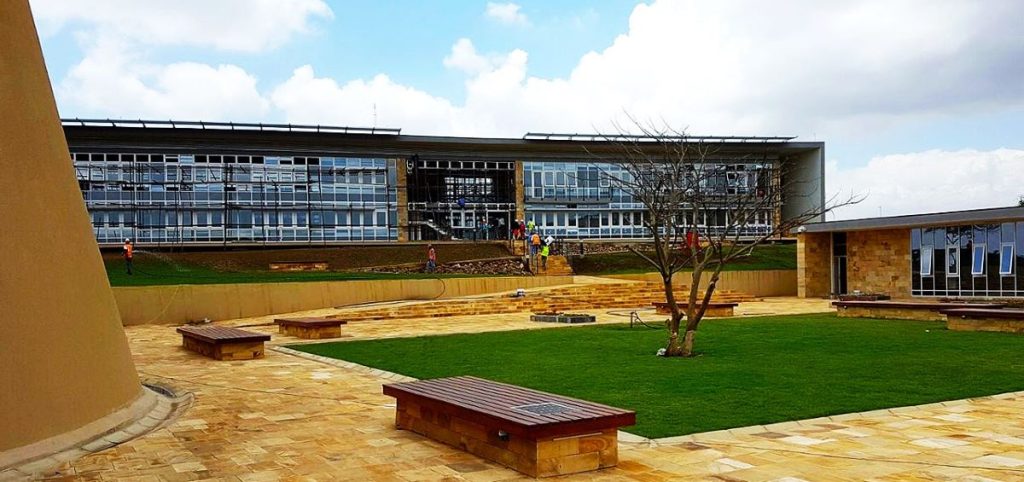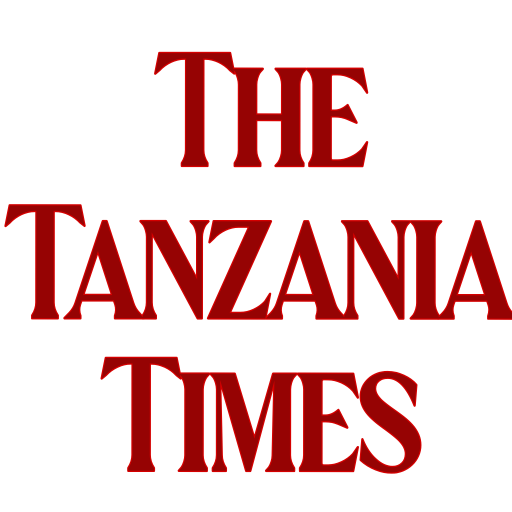Arusha tables report from Residual Mechanism for Criminal Tribunals to United Nations General Assembly
New York
The annual report from the International Residual Mechanism for Criminal Tribunals in Arusha, Tanzania, will be presented to the United Nations General Assembly in the course of this week.
The President of the International Residual Mechanism for Criminal Tribunals, Judge Graciela Gatti Santana will table the eleventh annual report of the Arusha-based Mechanism at United Nations Headquarters in New York.
Justice Graciela Santana has also met and held talks with the President of the 78th Session of the United Nations General Assembly, His Excellency Ambassador Dennis Francis of Trinidad and Tobago.
President Gatti Santana commenced by congratulating President Francis on his election as President of the General Assembly and commending his choice of “peace, prosperity, progress, and sustainability” as the watchwords for his Presidency.
Judge Gatti remarked that the first of these is of particular relevance to the Mechanism’s mandate.
President Gatti Santana then briefed Ambassador Dennis Francis on the significant progress that has been made in the Mechanism’s judicial work throughout the previous year.
She noted that, following the delivery of the appeal judgment in the Stanišić and Simatović case in May 2023, and the indefinite stay of trial proceedings in the Felician Kabuga case in September 2023, the Mechanism no longer has any active proceedings relating to the core crimes incorporated in its Statute.
As a result, the Mechanism has now moved into its truly residual phase.

In this context, President Gatti Santana proceeded to outline the three new priorities for her own Presidency, which will be presented during her address to the General Assembly this week.
She emphasized that the Mechanism will continue to carry out its remaining mandated functions until the Security Council determines otherwise, and in this respect will require ongoing cooperation from Member States in a number of key areas.
On his part, President Francis thanked President Gatti Santana for her detailed update and observed that her tenure thus far has been one of dynamism and activism.
In this regard, he praised the exceptional and important work done by the Mechanism.
Taking note of the new, truly residual phase in the Mechanism’s life, His Excellency also acknowledged the challenges outlined by President Gatti Santana and expressed hope that the Mechanism would be provided with the support it needs.
The International Residual Mechanism for Criminal Tribunals (Mechanism) was established by UN Security Council Resolution 1966 (2010) to complete the remaining work of the International Criminal Tribunal for Rwanda and the International Criminal Tribunal for the former Yugoslavia, which closed in 2015 and 2017, respectively.
The Mechanism has two branches, one in Arusha, Tanzania, and one in The Hague, Netherlands.



